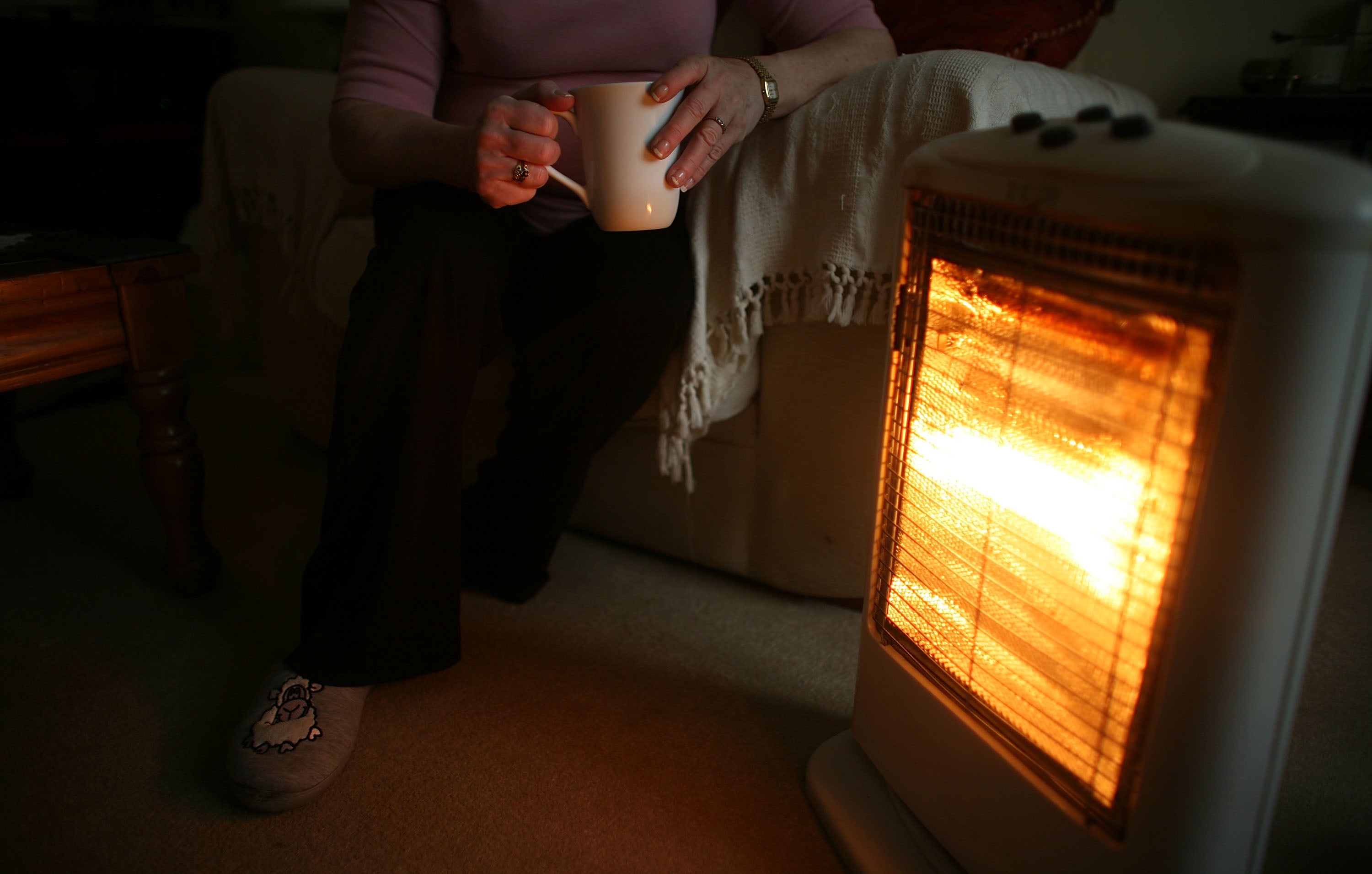Almost 5,000 more deaths due to cold homes as Treasury fails to give out £440m in energy support
Government will have to provide more financial support for energy bills this winter, charity tells MPs
Your support helps us to tell the story
From reproductive rights to climate change to Big Tech, The Independent is on the ground when the story is developing. Whether it's investigating the financials of Elon Musk's pro-Trump PAC or producing our latest documentary, 'The A Word', which shines a light on the American women fighting for reproductive rights, we know how important it is to parse out the facts from the messaging.
At such a critical moment in US history, we need reporters on the ground. Your donation allows us to keep sending journalists to speak to both sides of the story.
The Independent is trusted by Americans across the entire political spectrum. And unlike many other quality news outlets, we choose not to lock Americans out of our reporting and analysis with paywalls. We believe quality journalism should be available to everyone, paid for by those who can afford it.
Your support makes all the difference.Almost 5,000 excess winter deaths were caused by cold homes last year, charities have told MPs, as the government underspent its energy crisis support fund by £440m.
Over a million vulnerable households missed out on vital energy bill support last winter because the money, earmarked to help, wasn’t given out, fuel poverty charities told the Energy Security and Net Zero committee on Wednesday.
There were an estimated 4,706 excess winter deaths from 2022 to 2023 due to living in a cold damp home in the UK, up from 3,186 the previous year, campaigners at the End Fuel Poverty Coalition revealed.
According to a new analysis from fuel poverty charity National Energy Action (NEA), the government underspent £45m of the Warm Home Discount: designed for households with low incomes and energy-inefficient homes. Some £399m was also kept by the Treasury because not enough money was given out through the Energy Bill Support Scheme.
The charity blamed “poor delivery of the schemes” meaning the most vulnerable were not identified and supported.

Adam Scorer, chief executive of NEA, told MPs: “A million households who were due for support from the different bill mechanisms didn’t get it and £440m went back to the Treasury that should have gone into people’s pockets. As a minimum, that money should be reinvested into directly reducing energy bills for vulnerable people this winter.”
Simon Francis, of the End Fuel Poverty Coalition, told the energy committee that people were going to be struggling more in cold, damp homes this winter. He said households were not able to depend on government support and instead would have to “hope we have a mild winter”.
Identifying those most in need of energy support has traditionally been hard for the government, but a pilot scheme run by Energy Systems Catapult has been selecting people with health issues.
The Warm Home Prescription service has paid the energy bills of more than 800 households in England and Scotland where the recipient has a severe health condition that is made worse by cold. Linda, a 75-year-old in Peterhead, Aberdeenshire, told The Independent: “We live in an old house, which is really cold in the winter, and it takes a lot of heating, so the payments have really helped us a lot.
“I’ve got asthma and I was in hospital for pneumonia last September. I had just come into the scheme when I was in hospital again last December but since then I’ve not been in at all. Cold ends up giving me chest infections and then if you leave it too long it ends up going into pneumonia, but heating does help.”
Catherine, 62, who lives in Middlesbrough, said her asthma, emphysema and COPD get worse in the winter. She usually relies on steroids when her condition gets really bad but when her energy bills were paid last winter she did not need them.
“Over the Christmas period, I didn’t have a bad dose of it,” she told The Independent. “Usually every year in the winter I have to have steroids but I didn’t have to.” She was able to save up some money that she has put aside for this winter, in case she cannot get the same help again.
Mr Scorer said: “Whether they like it or not, government is going to have to come up with a package of financial support for energy bills for the most vulnerable this year.
“The level of energy debt is so extreme now, destroying lives, that we have to have a mechanism, a help-to-repay scheme, that helps people to accelerate their way out of energy debt.”
A Department for Energy Security and Net Zero spokesperson said: "The government spent around £40 billion covering half a typical household’s energy bill over the winter, and additional help is available for the most vulnerable through an increase to the Warm Home Discount – from which we expect over 3 million households to benefit.
"Energy prices have now fallen significantly and we are keeping options under review, including for the most vulnerable households.”
Join our commenting forum
Join thought-provoking conversations, follow other Independent readers and see their replies
Comments